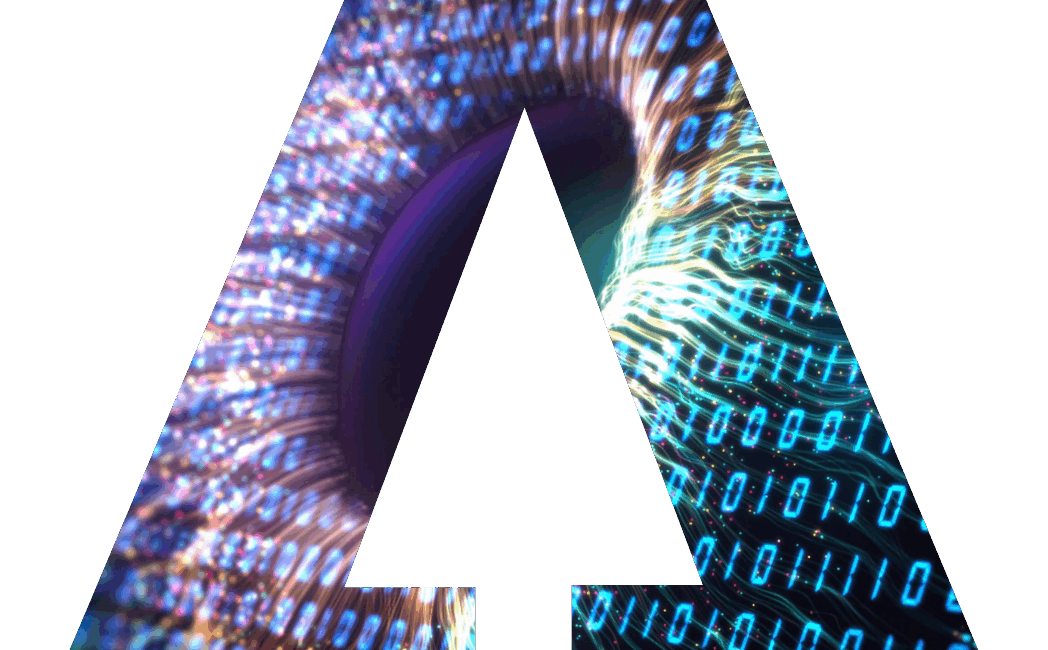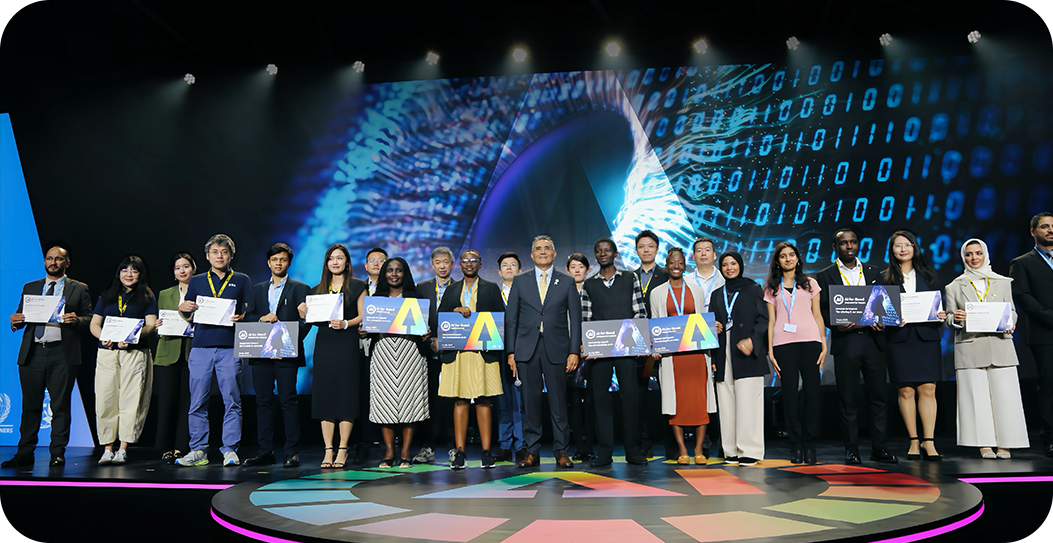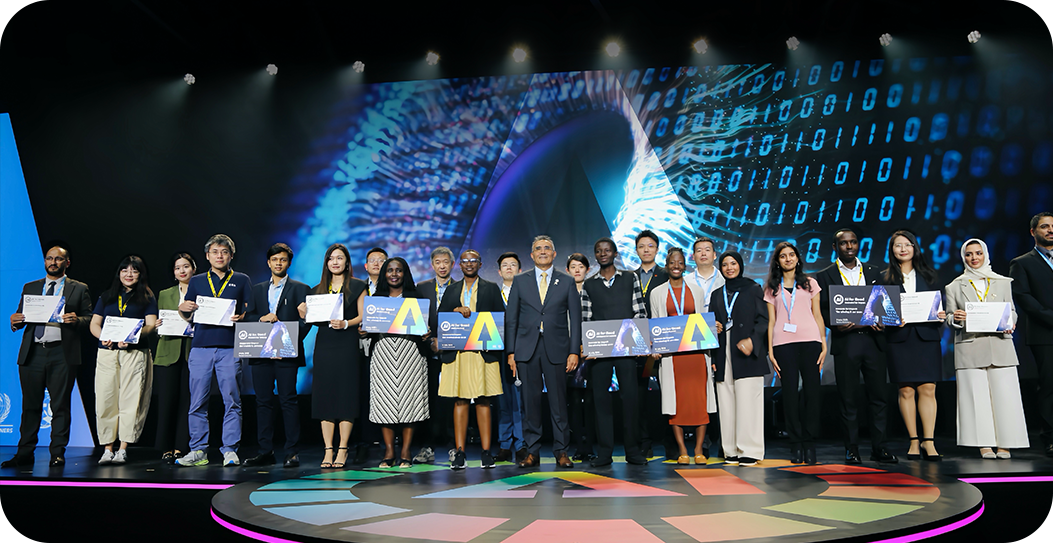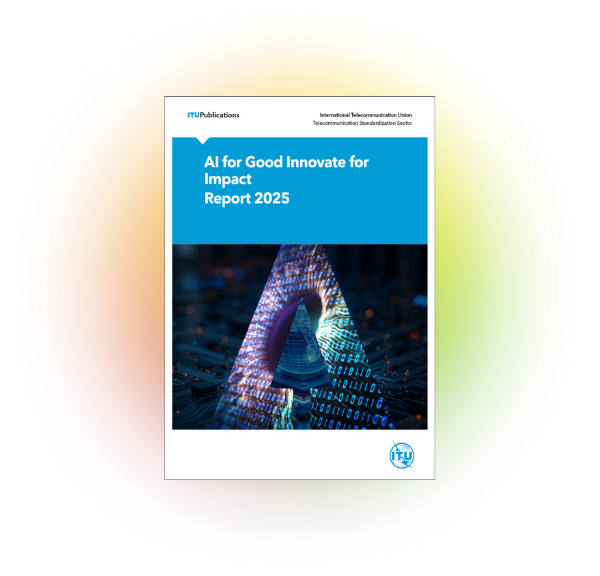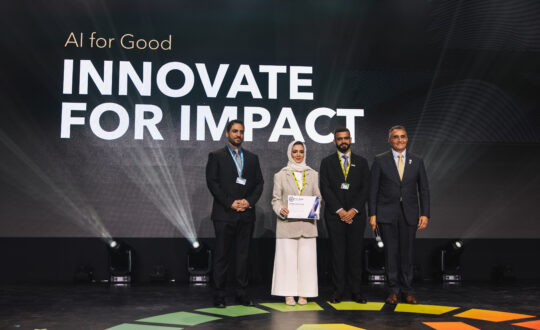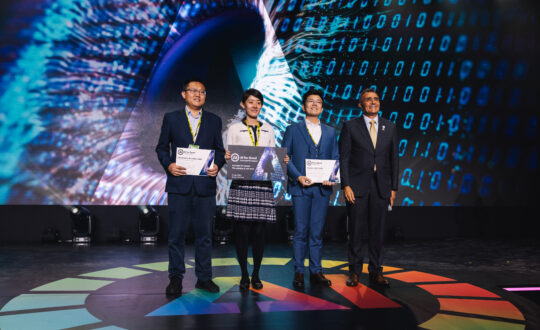ITU successfully hosted the Innovate for Impact workshops at both the AI for Good Summit in Geneva and AI for Good Impact Africa in Johannesburg. These workshops generated positive outcomes and fostered collaboration among a diverse group of stakeholders from the public sector, private sector, academia, and civil society.
Top use case authors were invited to present their work, while selected AI for Good Scholars participated in a panel discussion on the latest AI trends and developments.
The AI for Good Innovate for Impact Report 2025 showcases practical AI solutions across sectors such as healthcare, climate resilience, education, and digital inclusion.


 Register here
Register here